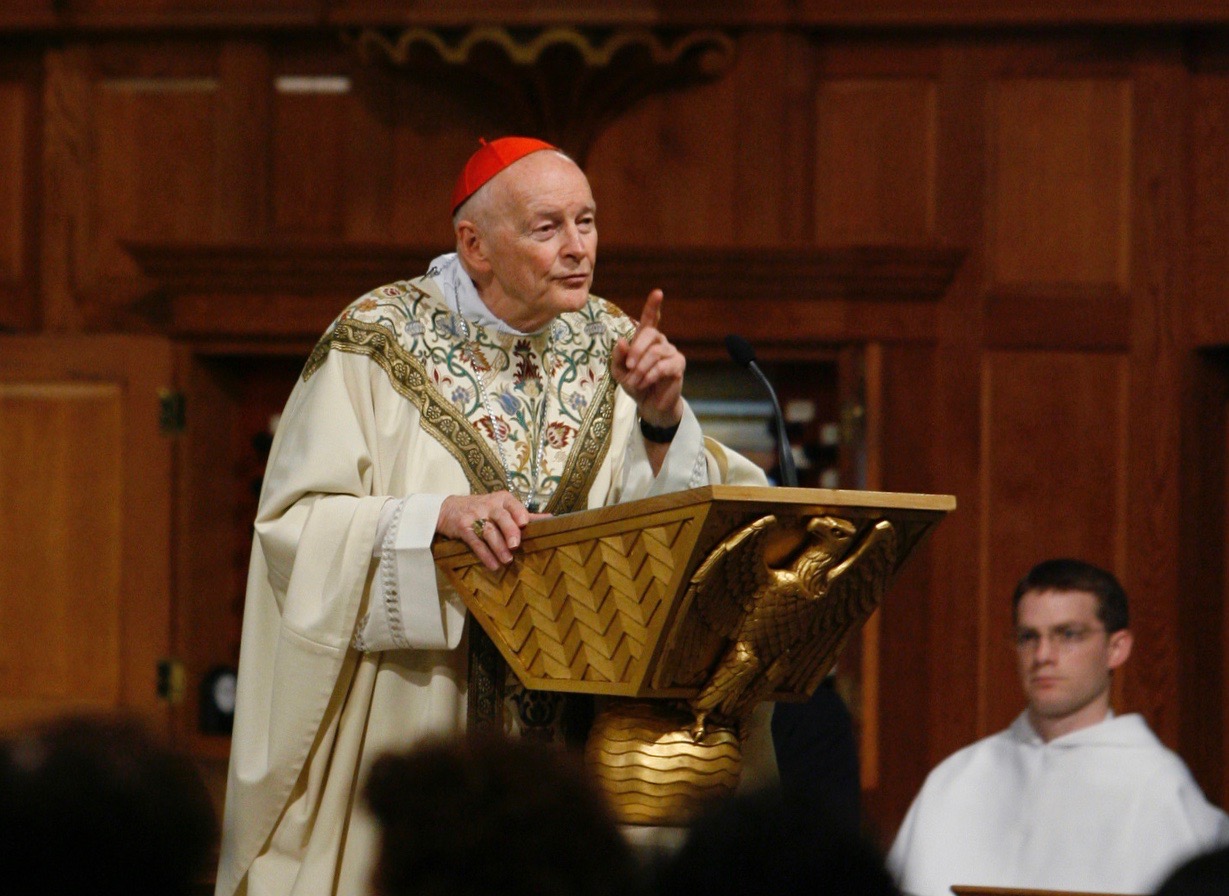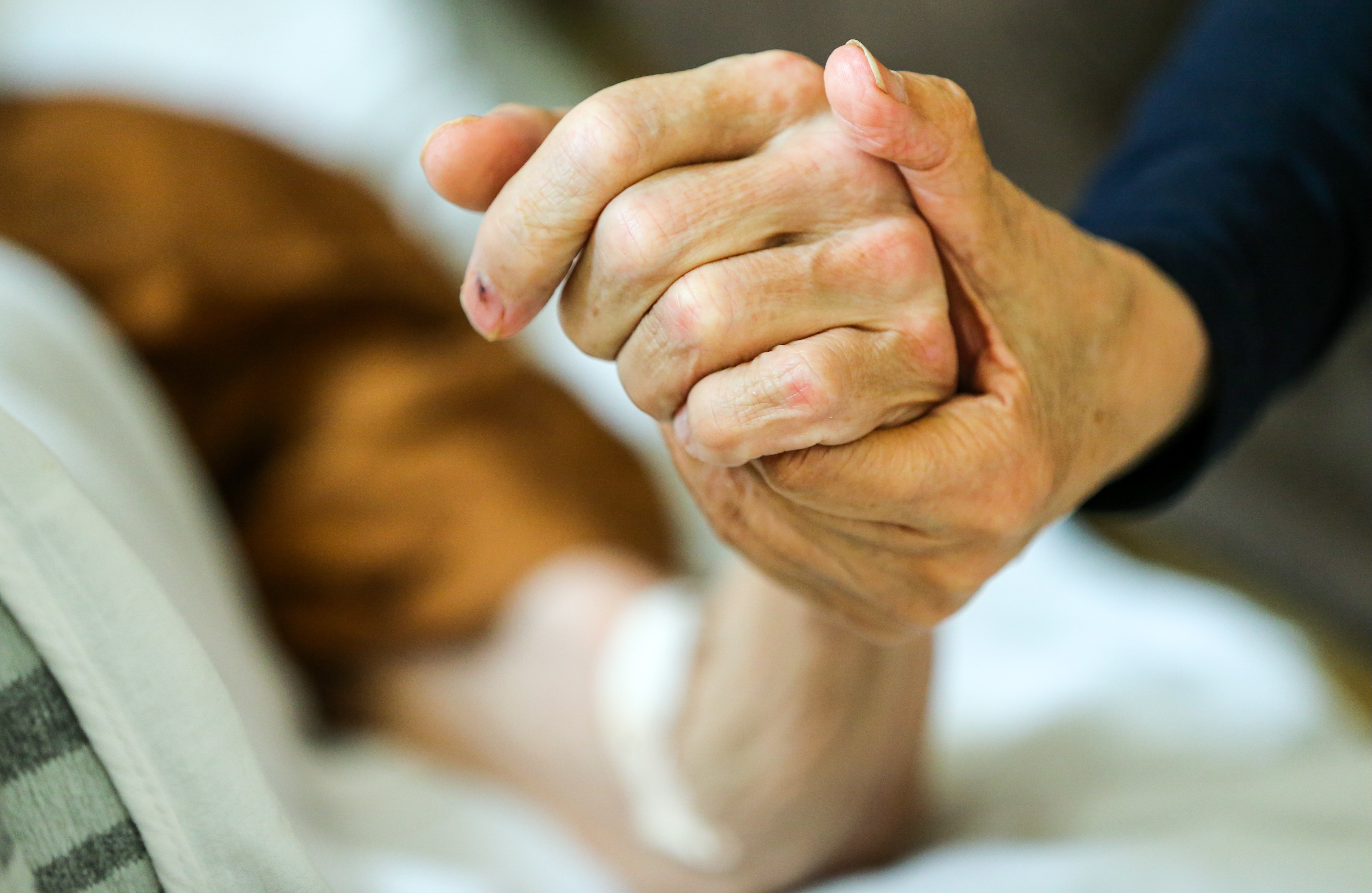A Supreme Court ruling this week that legal permission will no longer be needed to withdraw treatment from patients in a permanent vegetative state (PVS) will increase the likelihood that patients in this condition will be starved or dehydrated to death in their supposed “best interests”, Christian medical professionals have said.
Under the 30 July ruling, as long as doctors and families are in agreement, medical staff will be allowed to withdraw food and liquids allowing PVS patients to die, without first applying to the Court of Protection, which has jurisdiction over the property, financial affairs and personal welfare of people who lack mental capacity to make decisions for themselves.
Supreme Court Justice, Lady Black, recognised in her ruling that “no life is to be relinquished easily”. Nevertheless, she admitted, “there may come a time when life has to be relinquished because that is in the best interests of the patient”.
Dr Peter Saunders, Campaign Director of Care Not Killing, a UK-based alliance of health care and faith-based organisations, said: “It will make it more likely that severely brain-damaged patients will be starved or dehydrated to death in their supposed best interests.”
He said the ruling “removes an important safeguard from those without a voice” and added that the Court of Protection did not prevent clinically assisted nutrition and hydration being removed but it did “ensure independent scrutiny of any application”.
“It did this because it recognised the emotional and financial pressure that families and clinicians can fall under,” he continued.
Dr Robert Hardie, a past president of the Catholic Medical Association said: “The decision [to withdraw treatment] will now be made by busy clinical staff and distressed relatives.”
He pointed out that there is possible financial pressure behind this course of action. “There is also the not inconsiderable sum of £100,000 per year per PVS patient that could be saved in an NHS strapped for cash,” he said.
Dr Philip Howard, immediate past president of the Catholic Medical Association, cited Pope John Paul II, who in 1994, described the administration of food and water, even when “provided by artificial means” as “a natural means of preserving life”. Therefore, the former Pope said, withdrawing them in the knowledge that death is “the only possible outcome” is “true and proper euthanasia by omission”.
Bishop John Wilson, Auxiliary Bishop of Westminster, said in a statement released today: "Patients in persistent vegetative states are some of the most vulnerable in our society. It is not an act of compassion to remove their food and drink in order to cause their death. Equally, it cannot be in a patients’ best interests, whatever their level of consciousness, to have their life intentionally ended. Our care for those in such situations is the test of our common humanity and our solidarity with some of the most fragile of our brothers and sisters."
Bishop Wilson cited the Catholic Bishops' Conference of England and Wales teaching document 'Cherishing Life' which addressed the question of artificial feeding and hydration in cases of PVS patients.
The Bishops' write: "When patients are in the final phase of dying they should not be troubled by intrusive treatment and efforts to place or replace a feeding tube may well be excessive or burdensome."
However, they clarified: "What is not morally acceptable is to withdraw tube-feeding, or other life sustaining treatment, precisely in order to end a patient’s life. This would cross the line from reasonable withdrawal of inappropriate treatment into the realm of passive euthanasia."



 Loading ...
Loading ...